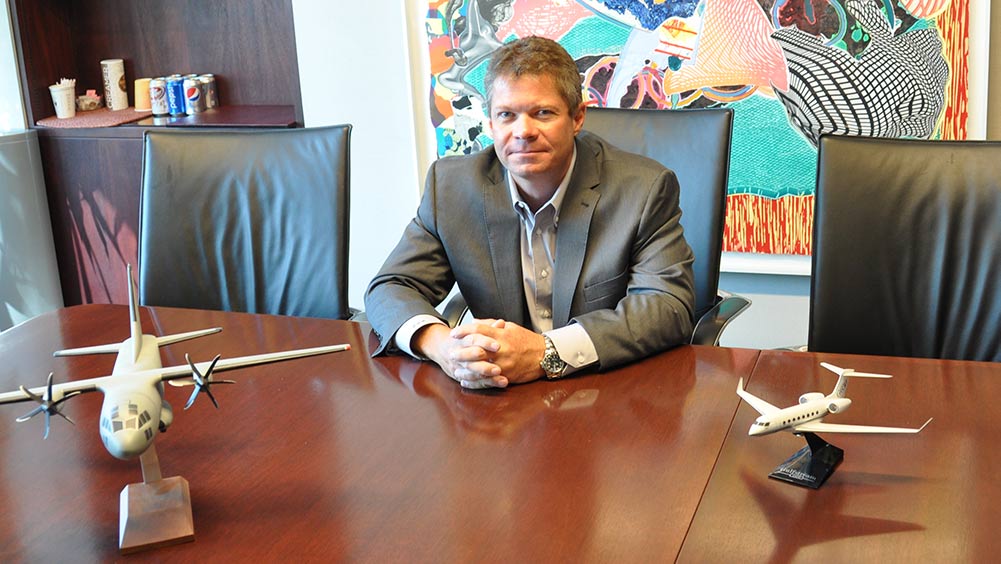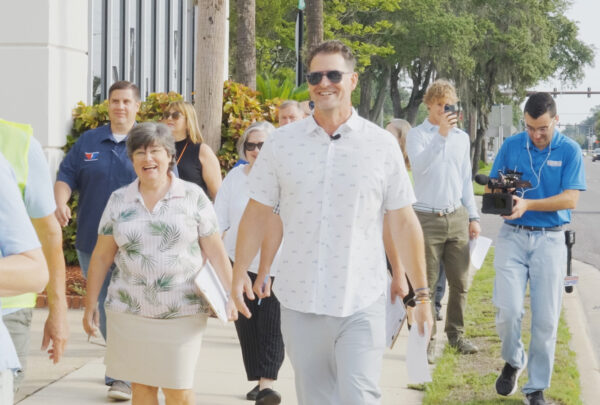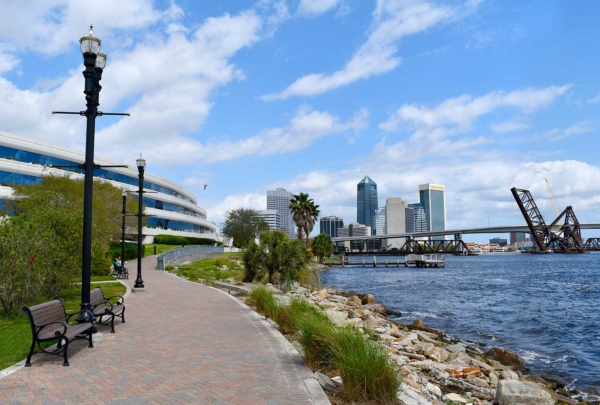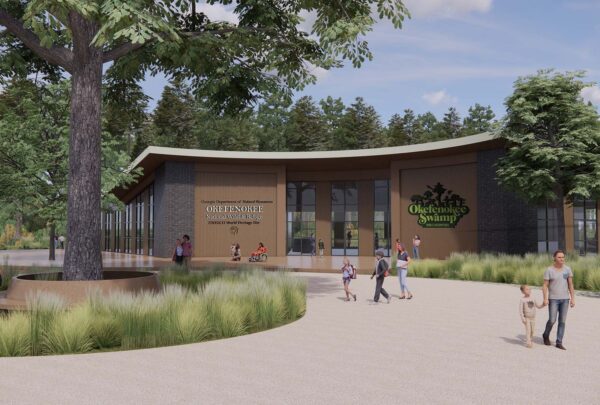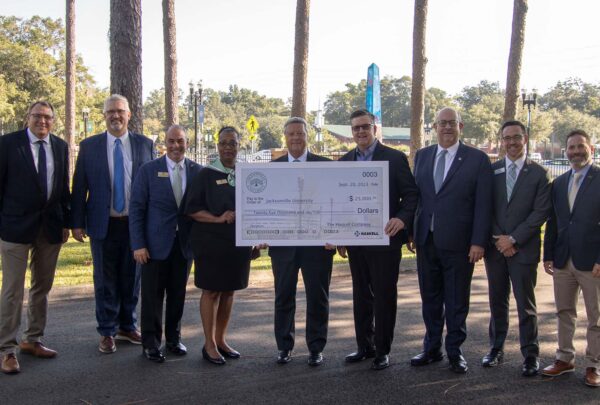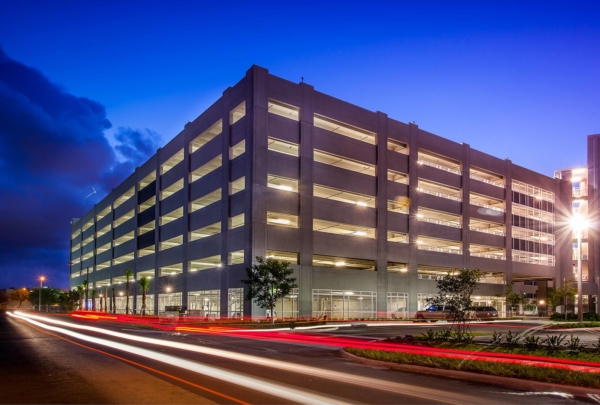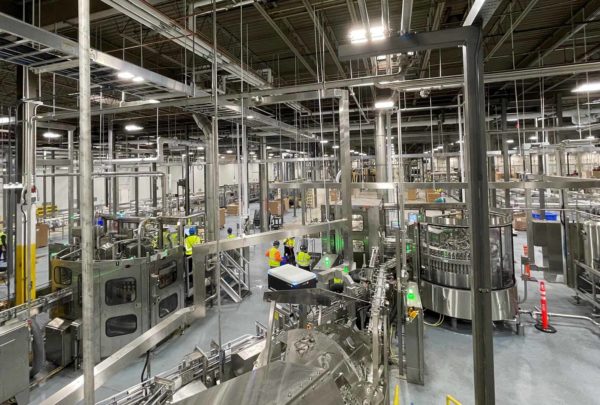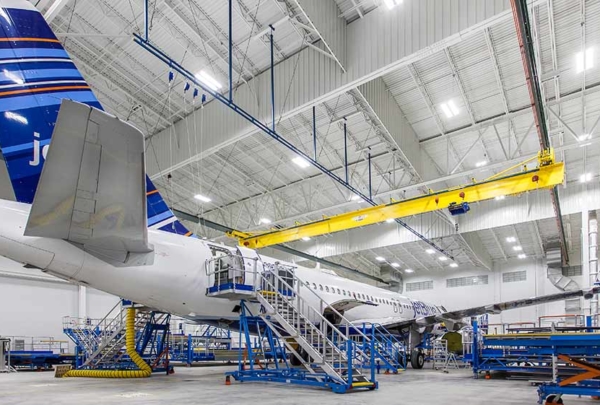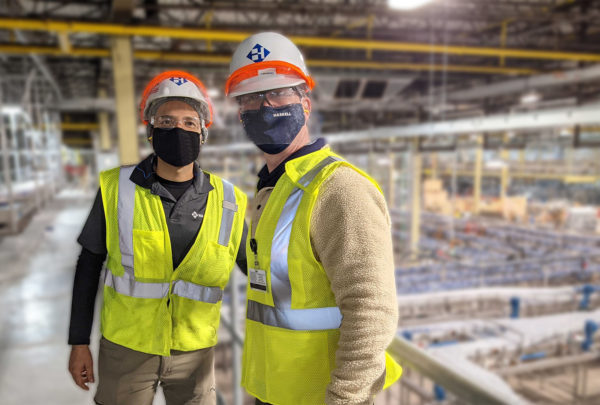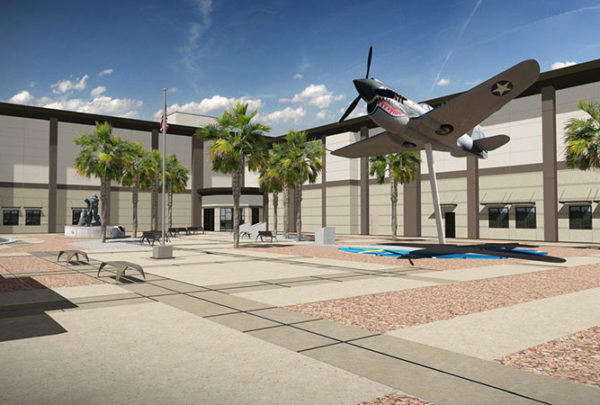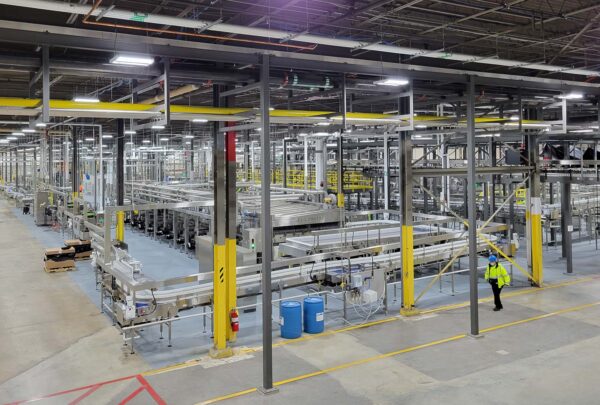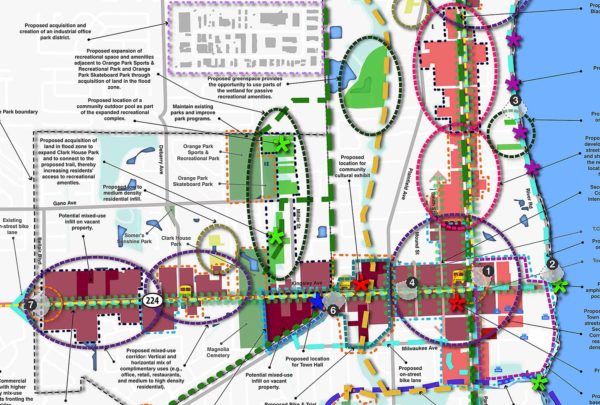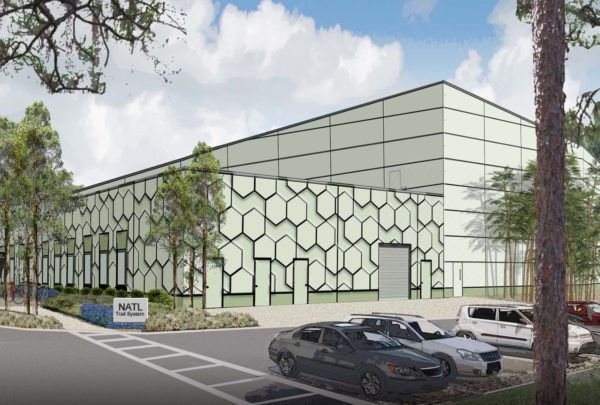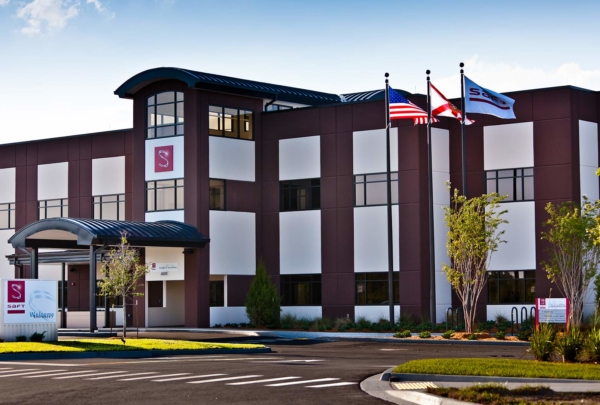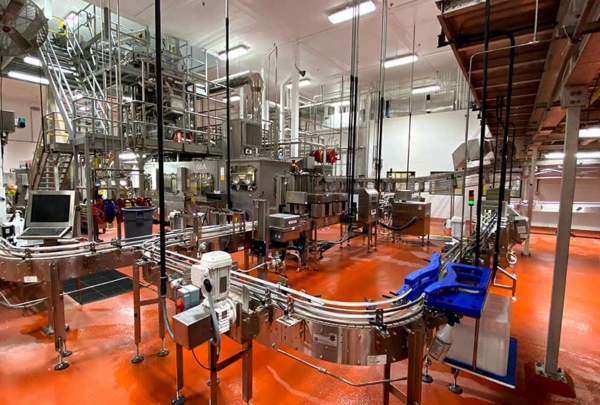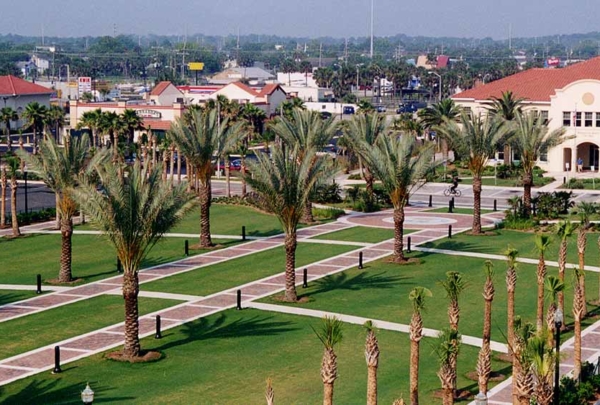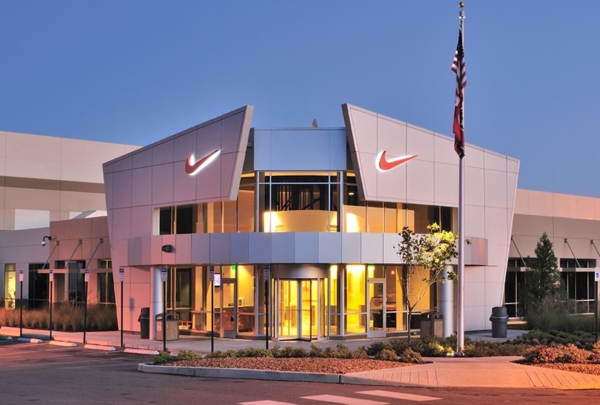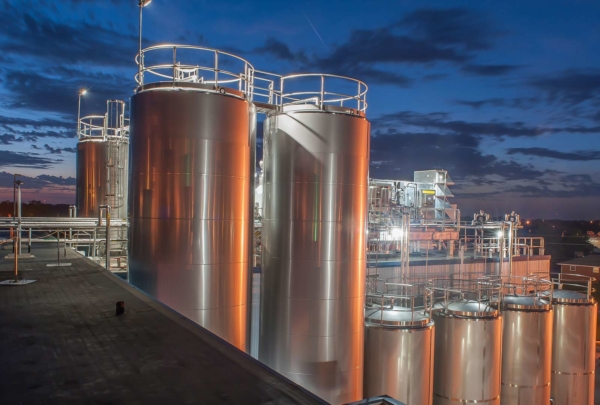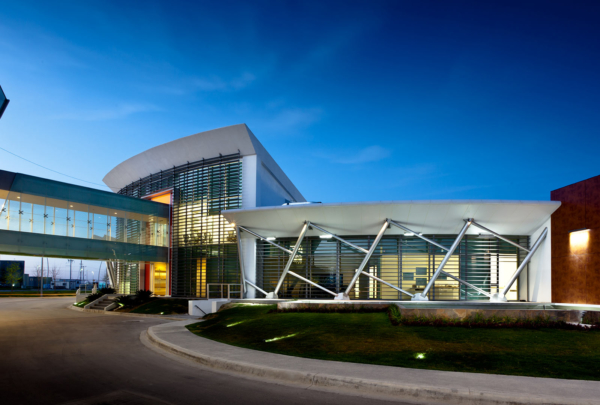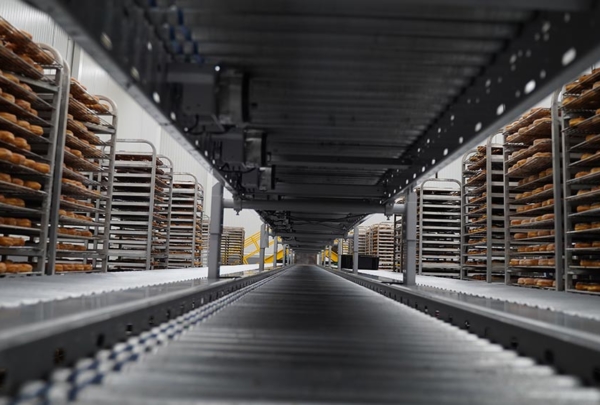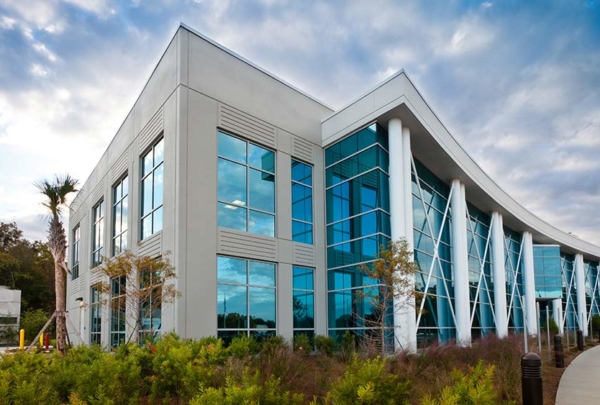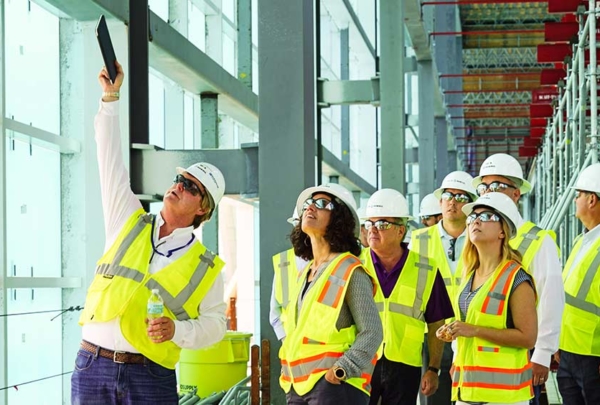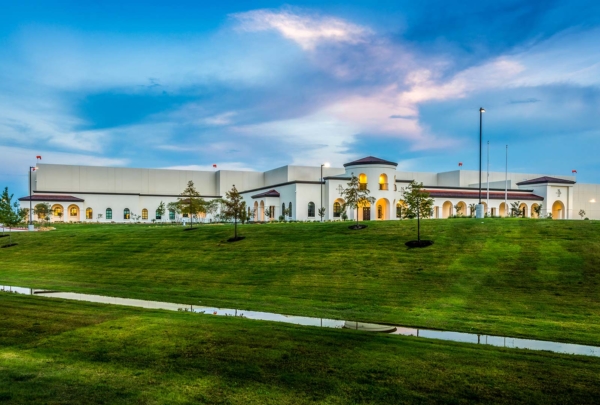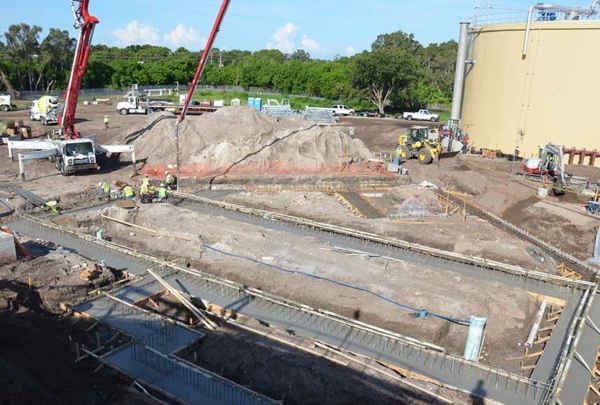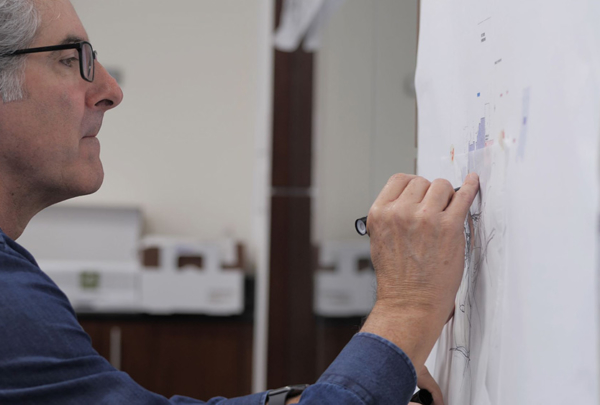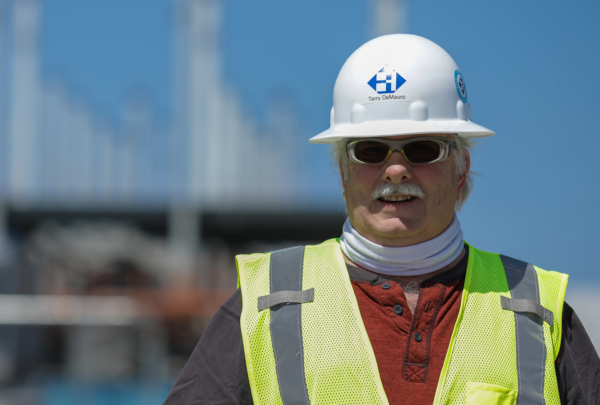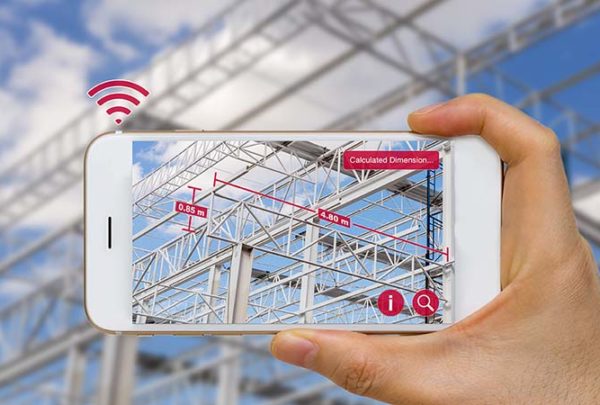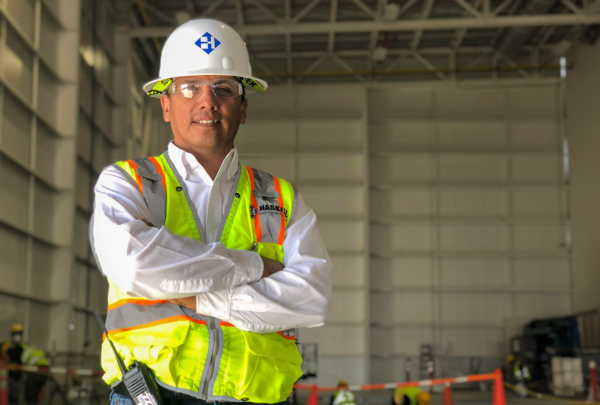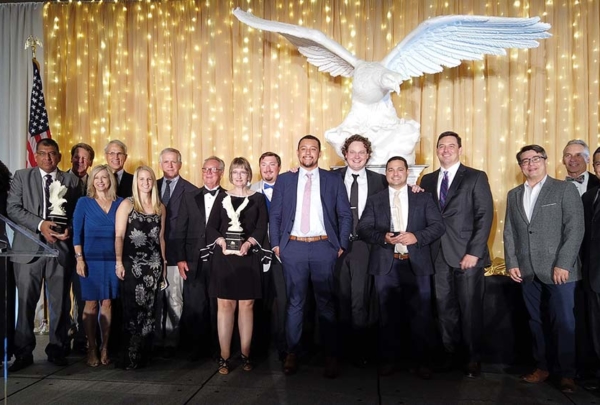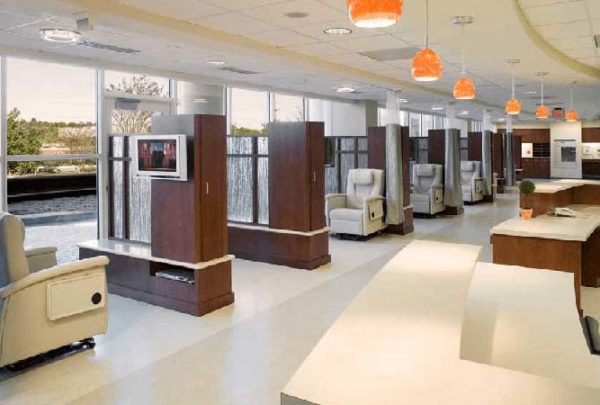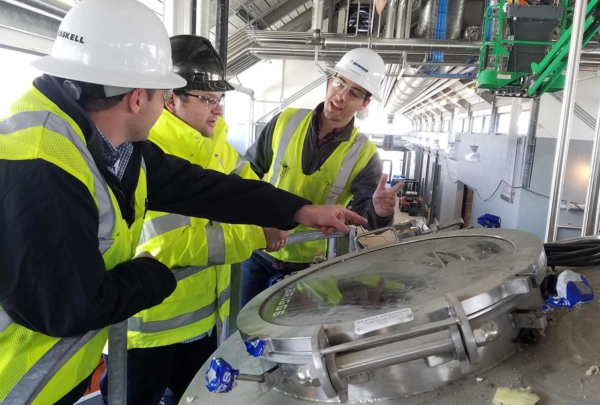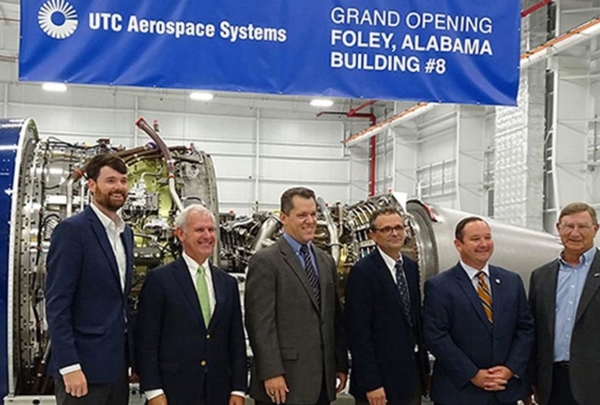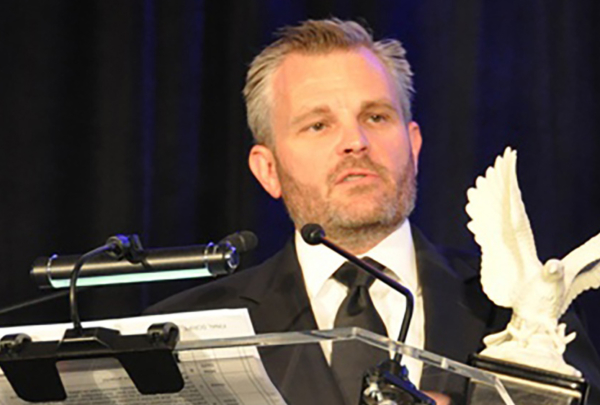1. How is Haskell responding to the changes in the aviation industry?
What we know is that speed to market is one of the most important objectives for manufacturers today. We also know that manufacturing and maintenance programs can take years to develop, but once approved, must be implemented quickly. As a result, our customers are under pressure to complete huge tasks in small amounts of time.
This is where Haskell responds. We take these factors into account along with their business objectives and align them with a tailored project delivery method. In this case, and in many cases where speed to market is vital, our integrated delivery process simply delivers a project faster while also providing a high level of quality and safety.
The bottom line is: Once you start investing in a new facility or manufacturing program, you do not get a return on that investment until it is complete. That is one of the reasons why helping our customers increase their speed to market by opening their doors more quickly saves them money.
2. What do you see as Haskell’s key differentiators when it comes to serving the aviation industry?
Three key differentiators come to mind. They are experience, innovation and global reach. Firstly, experience – as one of the top aviation contractors in North America for several years now, we definitely have plenty of projects and lessons learned behind us. With that, our experience allows us to profoundly look into ways we can innovate and find value, our second key differentiator.
Experience has shown us what our customers want, when they want it and what they value, so we utilize innovative tools like 3D design, manufacturing simulations and Engineer-Procure-Construct (EPC) delivery, which enable our team to deliver more efficient facilities with designs that specifically, support our customers’ business objectives.
Finally, the third key differentiator is our global reach. Since innovation and experience are transferable and are global, our markets and our services are global. Delivering projects globally, we know that great design and fast delivery are desired and appreciated worldwide.
3. What business issues do your services help your clients solve?
Many of our customers are tasked with finding a contractor they can trust to deliver the right facility in the right location. We help them with that process by offering consulting tools to ensure the facility design is right (i.e. simulation and line strategy), integrated facility services to build trust and mitigate risk (EPC project delivery) and location services to be sure they choose the right location.
As we determine the optimal design and delivery method for a customer, simultaneously, we study the global supply chain, identify the best places to work and then work with them to negotiate incentives, evaluate the sites and master plan the facilities.
4. If you only had one aviation project to show a potential client before they make a decision about their upcoming project, which project would it be? Why?
I don’t have just one, I have two.
I can change the question to two projects if you want.
No, the question is do you have one project? My answer is no, I have two. (laughs) The reason for that is because we deliver both manufacturing facilities and aircraft support facilities; since they highlight different strengths, they both need their own representative project. The best representative manufacturing project would be the SAFRAN Aerospace Composite Facility in Rochester, New Hampshire. We helped them with manufacturing layout, site selection, design and construction. They are a great example of our global reach and how our services are universally transferable.
To represent our maintenance and repair facilities, I would not really say there was one single project, it would be our overall relationship with Gulfstream Aerospace Corporation. Though the Gulfstream International Service Facility in Luton, Bedfordshire, United Kingdom is a great project to read more about, it’s really about the five global maintenance and repair facilities we completed for them to help them reach one of their key corporate goals – expand internationally.
5. Where do you see the aviation industry headed? What trends and recent events do you think will shape the industry as a whole?
Every one of our customers are tasked with two things today – one, they must be more efficient and two, they must expand their global footprint. To do that, we see them looking to expand their operations to better serve their customers and continually search for ways to improve their supply chain through global operations.
We understand this because Haskell is doing the same thing. As our customers expand to better serve their clients, we expand to better serve them. To date, we have completed projects in over 20 countries and work from multiple officed worldwide, including in Mexico City, Mexico.
We’re here to help our customers smoothly achieve both of these must-haves as we all grow into a more global industry.
If you have more questions about integrated project delivery or would like to discuss specific facility issues, please feel free to directly contact Paul by email.
